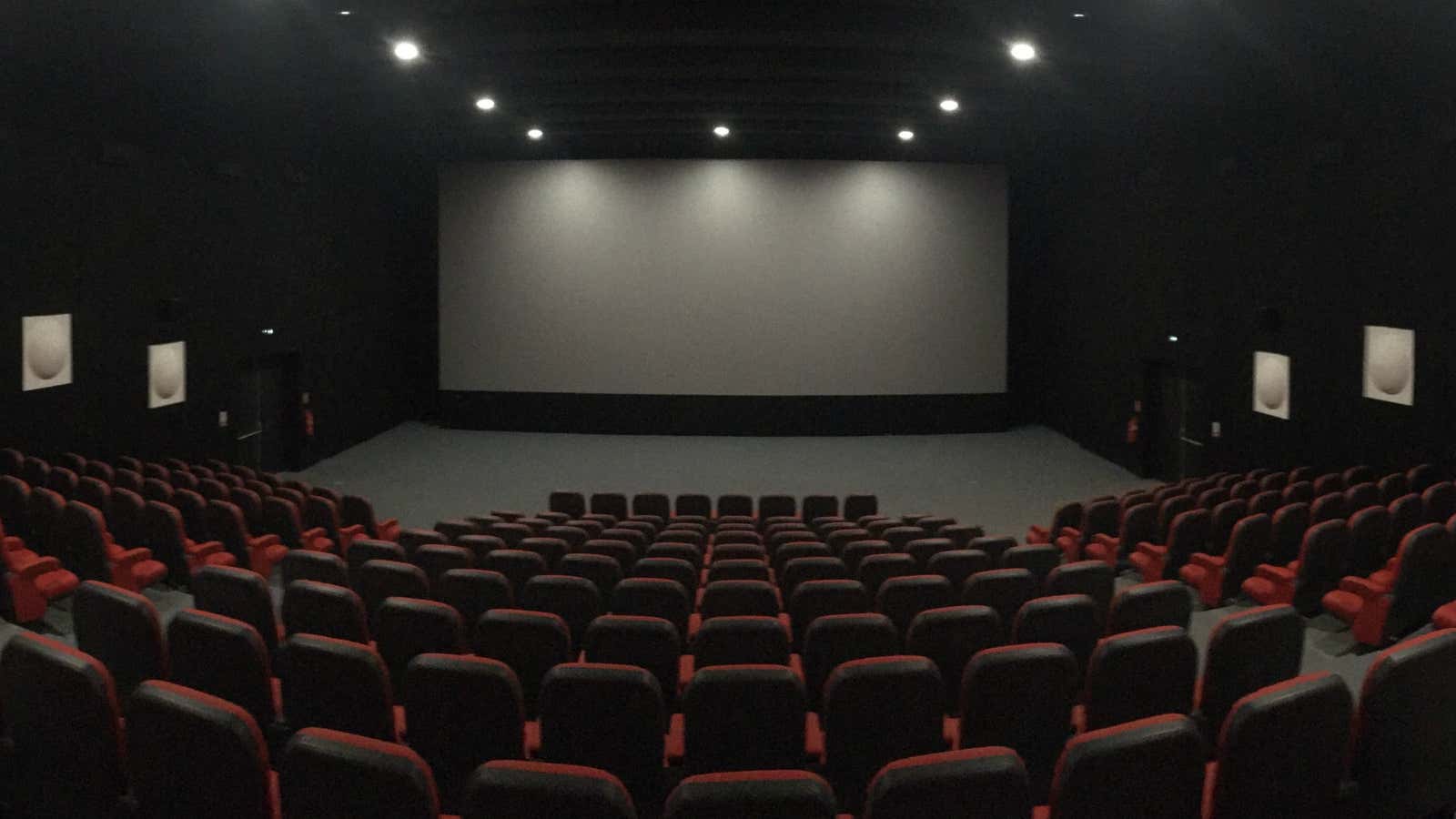As recently as 2015, there were no cinemas in Cameroon and filmmakers bold enough to brave the odds could only get their movies across to audiences through DVDs.
Indeed, that reality was true across many African countries where many cinemas had shuttered after a vibrant reign in the 1960s and 1970s. For example, there were up to seven cinemas in Yaoundé, Cameroon’s capital city alone, back in the 1960s. Cinema chains started to return in several countries in the mid 2000s but that progress has not come at an even pace. Whereas a country like South Africa is home to scores of movie theaters and on the back of Nollywood’s success, Nigerian entrepreneurs have been rebuilding its homegrown theaters, across much of Francophone Africa, theaters had all but disappeared.
But that’s slowly changing with international media and tech giants making a play for a youthful market with over 120 million people across 24 countries in West and Central Africa. Orange, the dominant French telecoms giant in Francophone Africa, is partnering with CanalOlympia, the cinema network owned by French media giants Vivendi, to equip its chain of eight 300-seater cinemas which have been opened in the past two years across seven French-speaking countries, including two in Cameroon. Vivendi plans to grow its chain of cinemas in the region to 20 by the end of the year.
As an added feature, moviegoers will also be able to buy tickets with Orange Money, the mobile money service with 37 million users. The involvement of Orange Studios, the company’s film-focused subsidiary, in local Francophone film industries has included funding local filmmakers through co-productions and launching video streaming services in Senegal and Ivory Coast.
A larger spread of cinemas is critical for local African film industries as they offer filmmakers a significant revenue stream that’s crucial to making profits. Releasing movies straight to DVDs typically leaves filmmakers at the risk of losing profits to piracy and, with weak intellectual property laws and enforcement culture, it’s a problem that persists.
There’s ample evidence of what’s possible in the long-term if the cinema culture takes hold again as it has in parts of the continent. This year, Marvel’s hit movie Black Panther has grossed over $9 million across the continent. It’s not just American blockbusters either. Nigeria, home to Nollywood, the continent’s largest movie industry, is starting to see a new generation of movies and filmmakers break local and international box office records.
